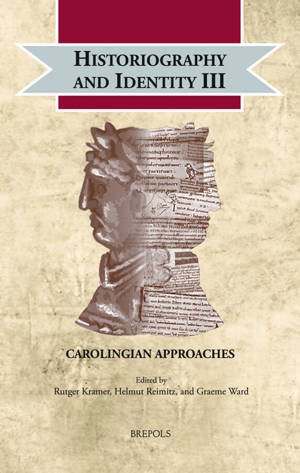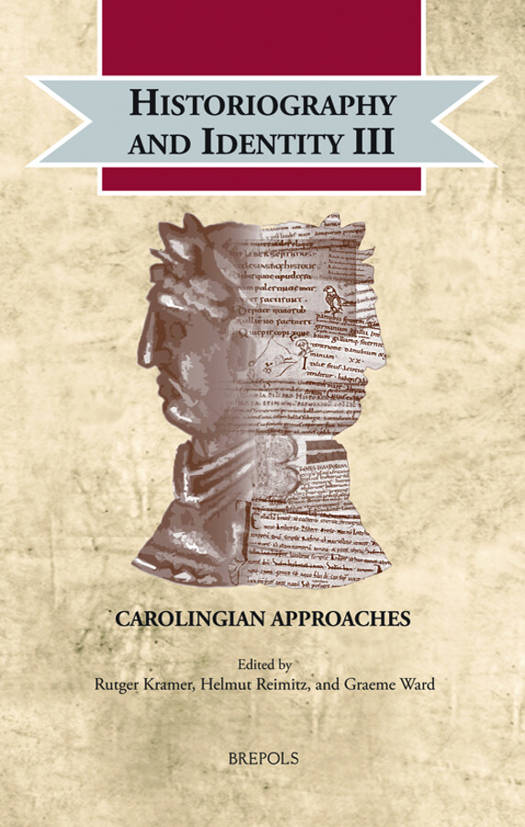
- Afhalen na 1 uur in een winkel met voorraad
- Gratis thuislevering in België vanaf € 30
- Ruim aanbod met 7 miljoen producten
- Afhalen na 1 uur in een winkel met voorraad
- Gratis thuislevering in België vanaf € 30
- Ruim aanbod met 7 miljoen producten
Zoeken
€ 106,00
+ 212 punten
Omschrijving
This volume explores the extent to which the reinstitution of the Empire in Western Europe brought about new ways of reconciling the multitude of post-Roman identities with the way the past was shaped in historiographical narratives. From universal histories to local chronicles, and from narratives that support Carolingian rule to histories with a more local focus, the centralization of power and authority in the course of the eighth and ninth centuries forced those who engaged with their own past and that of their community to acknowledge the new situation, and situate themselves in it. The contributions in this volume each depart from a single source, event, or community, and relate their findings to the broader issue of whether the rise of the multi-ethnic Carolingian court allowed for more inclusive narratives to be created, or if their self-proclaimed place at the centre of the Frankish world actually created a context in which local communities were given new tools to assert themselves.
Specificaties
Betrokkenen
- Auteur(s):
- Uitgeverij:
Inhoud
- Aantal bladzijden:
- 396
- Taal:
- Engels
Eigenschappen
- Productcode (EAN):
- 9782503586557
- Verschijningsdatum:
- 18/02/2021
- Uitvoering:
- Hardcover
- Formaat:
- Genaaid
- Afmetingen:
- 163 mm x 239 mm
- Gewicht:
- 816 g

Alleen bij Standaard Boekhandel
+ 212 punten op je klantenkaart van Standaard Boekhandel
Beoordelingen
We publiceren alleen reviews die voldoen aan de voorwaarden voor reviews. Bekijk onze voorwaarden voor reviews.











